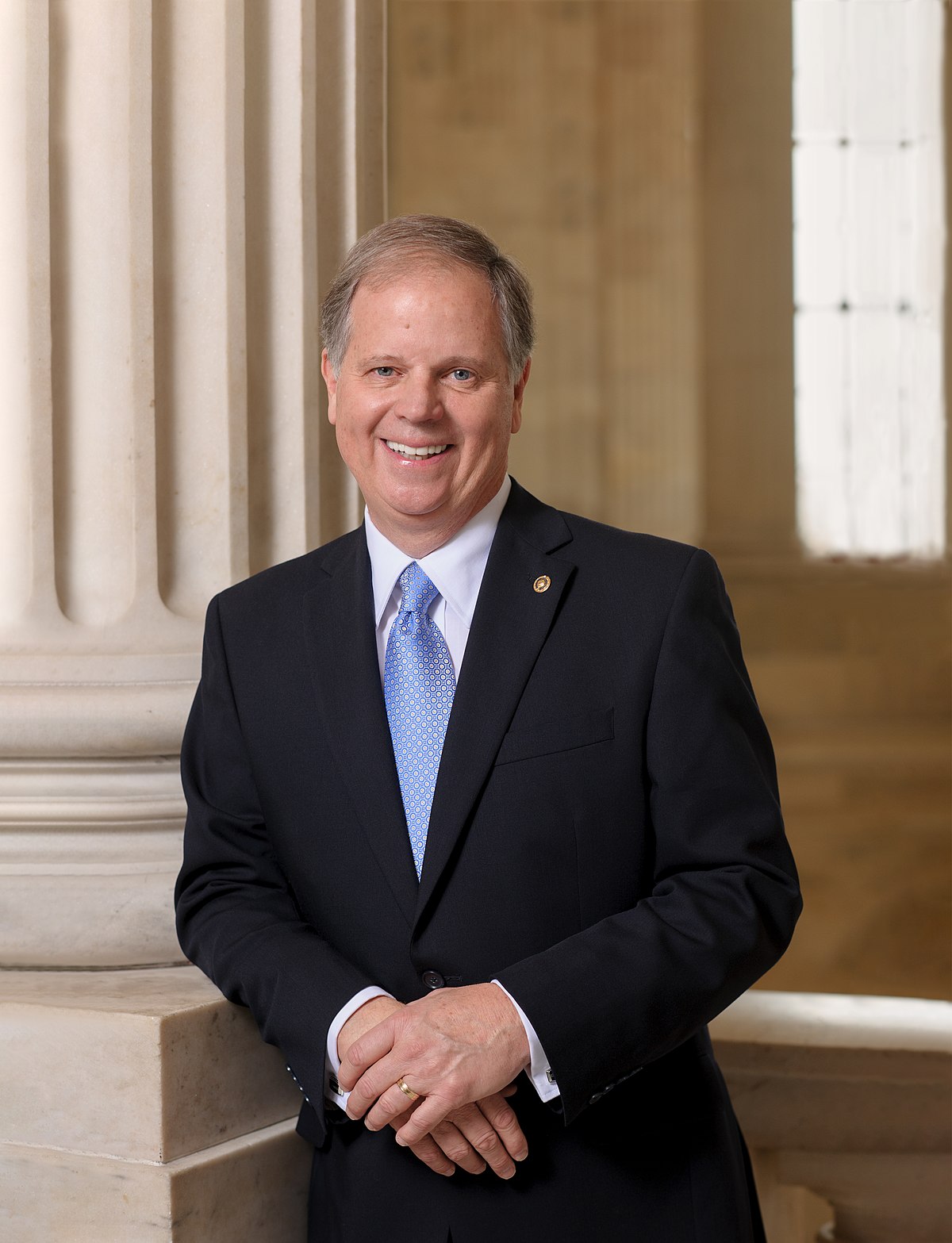Special to the
Opelika Observer
Sens. Doug Jones (D-Ala.) and Senator Lamar Alexander (R-Tenn.) have announced legislation that would make long-overdue reforms to the lengthy and often intimidating process of applying for federal student aid to help pay for college. Their bipartisan proposal was included in a broader package of higher education reforms introduced by Senator Alexander called the Student Aid Improvement Act of 2019.
The senators’ proposal would reduce the number of questions on the Free Application for Federal Student Aid (FAFSA) from 108 to between 17-30. The FAFSA process determines what financial aid a student is eligible for, including loans, grants and work-study opportunities, in addition to some colleges using it to determine scholarship recipients. The proposal would not impact the FAFSA application for the upcoming 2020-2021 school year, which was available Oct 1.
“Aside from college applications, this may be the most important form a student and their family complete before heading off to school. As a father with three children who went to college, I know firsthand how difficult and frustrating this form can be. It’s no wonder so many students who might qualify for aid are intimidated from even applying. With the reforms Senator Alexander and I are proposing, we hope to fundamentally change this process and make it easier for future students to access funding that will make their dream of attaining a degree possible,” Jones said.
“There are 20 million families, including 400,000 in Tennessee, that fill out the Free Application for Federal Student Aid, or FAFSA, every year. Tennessee’s former Gov. Bill Haslam told me it’s the single biggest impediment to more students enrolling in Tennessee Promise, our state’s free, two-year college program,” Alexander said. “After five years of bipartisan work, it’s time for Congress to finally make it easier for those families to apply for federal financial aid by simplifying the 108-question FAFSA to just 17-30 questions,” said Senator Alexander, Senate HELP Committee Chairman.
Last year, Alabama high school graduates left $57.5 million in federal aid dollars on the table by not submitting a FAFSA application. According to Alabama Possible, only 49.9% of students completed the form.
Jones’ state offices will once again host FAFSA workshops throughout the state for constituents who have questions about how to fill out the form.
Details about those events will be announced at a later date.

